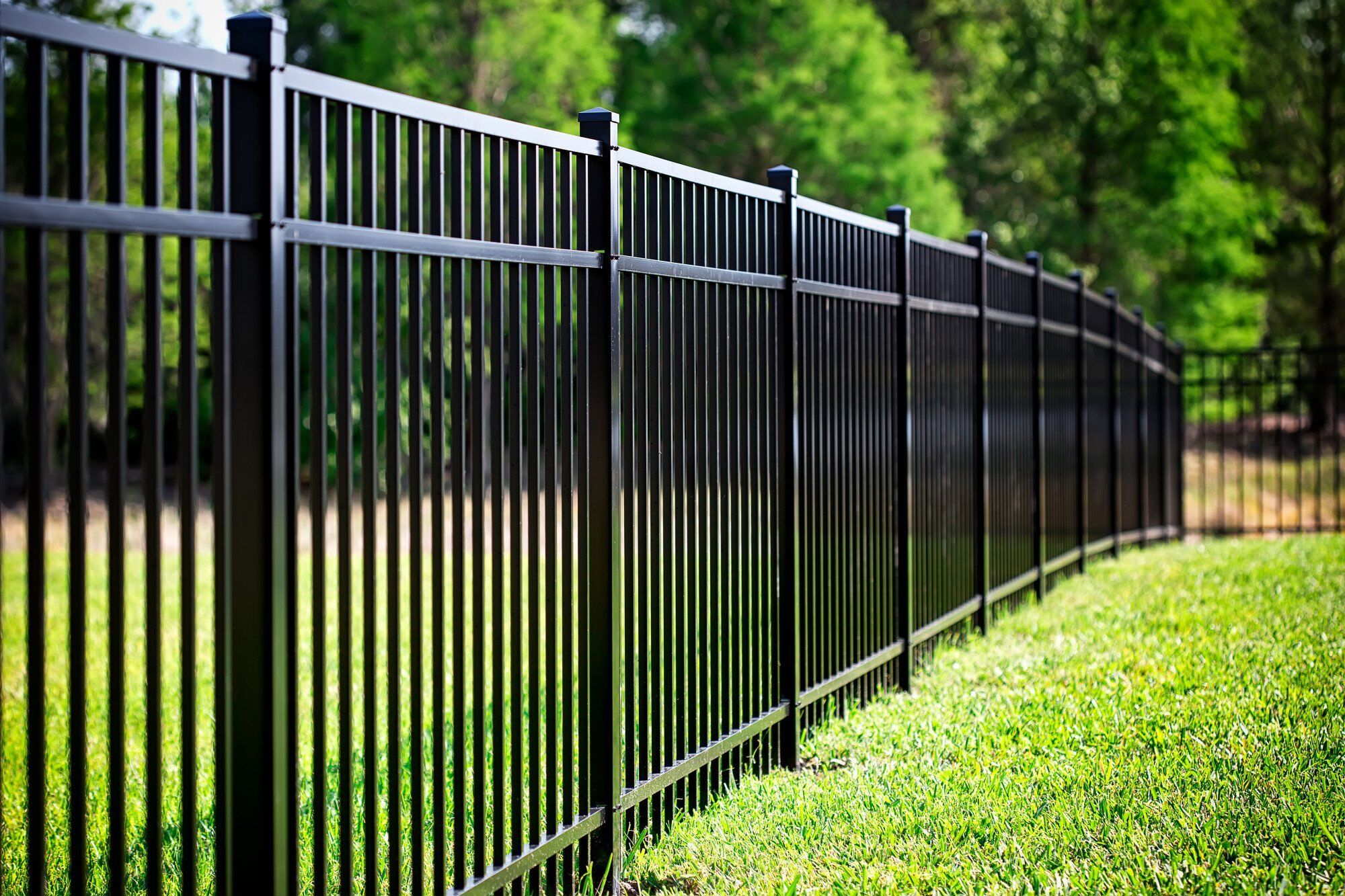All Categories
Featured

When taking into consideration installing a fencing on your home, one of the most crucial actions is to comprehend whether you require a license. Fence installments often require a license to guarantee that the framework follows local zoning legislations, constructing codes, and safety criteria. The particular licenses called for can differ depending upon your place, the kind of fence you plan to mount, and the elevation or placement of the fence. Below's an overview to assist you navigate the procedure of getting a fence license and make sure that your installment is convenient and lawful.
Why You Need a Permit for a Fence Installment. The permit procedure helps local authorities validate that your fencing does not conflict with web traffic exposure, respect your home lines, or violate elevation limitations. Setting up a fencing without a permit can result in fines, elimination of the fence, or delays in building and construction, so it's crucial to inspect whether an authorization is needed prior to starting your job.
Sorts Of Authorizations You May Require. There are a couple of typical kinds of authorizations you might require for a fence installment:
Building License. A building permit is the most usual license needed for fencing installations. This authorization ensures that the fence satisfies security criteria and is built according to local building codes. A structure license is usually needed if the fence exceeds a certain elevation (commonly 6 feet), is made of specific materials, or is situated near a public walkway or road.
Zoning License. A zoning license might be called for to verify that your fence abides by regional zoning regulations. Zoning guidelines can dictate where a fencing can be positioned on your property, exactly how high it can be, and whether it is allowed certain areas (such as along residential property lines or in front lawns) As an example, some municipalities have regulations limiting the height of surround the front yard to guarantee presence for vehicle drivers and pedestrians.

Obstacle Authorization. If you are developing a fence near your property line or close to a street, you might require a trouble license. A problem refers to the range a framework, including fences, have to be from the property line. Obstacle regulations vary by place, and ensuring that your fence is put correctly can prevent conflicts with neighbors and avoid violations.
Homeowner Association (HOA) Authorization. If you reside in a community governed by a Property owner's Organization (HOA), you might need authorization from them in enhancement to local permits. HOA policies often cover the kind of materials, elevation, style, and shade of fences. Also if your regional federal government does not call for a permit, your HOA may still have certain guidelines that require to be adhered to.
How to Get a Fencing License. To obtain a fence permit, you'll require to contact your local structure division or planning workplace. The application procedure usually involves loading out a kind, paying a charge, and sending a website strategy of your property that reveals the proposed place of the fence. You might also need to consist of details about the materials, elevation, and layout of the fence.
In some cases, a regional authorities may need to evaluate your home before approving the authorization. When the permit is provided, you will certainly be accredited to proceed with your fence installation.
When Is a License Not Needed? In particular scenarios, a license may not be called for. These situations can consist of:
Reduced Height Fences: In numerous locations, fencings that are below a certain elevation (frequently 3 to 4 feet) might not require a permit, specifically if they are positioned in the yard or other non-visible areas.
Fencing Replacement: If you're replacing an existing fencing with the same height and material, some areas might not need a new license.
Non-Obtrusive Fences: Decorative or momentary fencings, such as those used for gardening or landscape design objectives, may not need permits as long as they are not long-term and reduced.
However, it is very important to get in touch with your neighborhood zoning office or structure division, as laws can differ by jurisdiction.
Effects of Not Obtaining a License. Failing to acquire the essential licenses can bring about substantial consequences. These include penalties, required removal of the fence, or also hold-ups in construction. Additionally, if your fencing does not fulfill neighborhood laws, you can face lawful issues with next-door neighbors or neighborhood authorities.

Verdict. By making sure that you comply with local policies and get the essential licenses, you can stay clear of costly mistakes and ensure that your fence is lawfully certified. Check with your local structure department, HOA, and zoning workplace to determine what licenses are needed for your particular fence project.
Latest Posts
Find Leading Car Repair Care offered by Montclare Auto Repair – Quality Service Today
Published May 31, 25
1 min read
Find Best Auto Repair Services offered by Montclare Auto Repair – Drive with Confidence
Published May 27, 25
1 min read
Why Routine Vehicle Maintenance at Montclare Auto Repair Keeps Your Wallet Happy
Published May 26, 25
1 min read
More
Latest Posts
Find Leading Car Repair Care offered by Montclare Auto Repair – Quality Service Today
Published May 31, 25
1 min read
Find Best Auto Repair Services offered by Montclare Auto Repair – Drive with Confidence
Published May 27, 25
1 min read
Why Routine Vehicle Maintenance at Montclare Auto Repair Keeps Your Wallet Happy
Published May 26, 25
1 min read